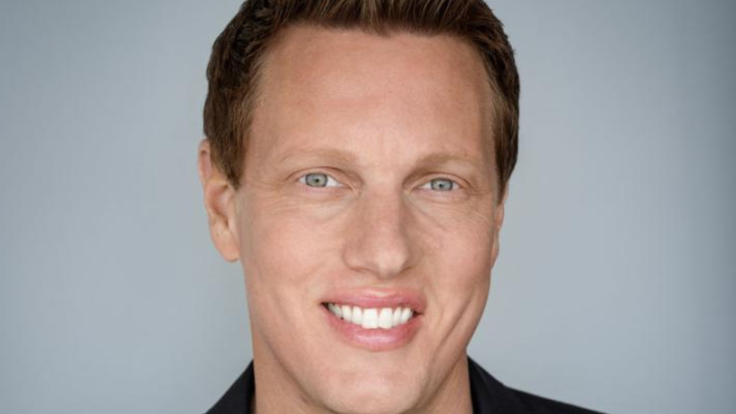Culture Clash in Hollywood: How the Paramount Skydance Layoffs Could Reshape Studio Identity
Ellison's $8.4 Billion Merger Sparks Creative Tension And Workplace Upheaval Across Paramount

The newly merged Paramount Skydance is facing one of the most turbulent cultural transformations in recent Hollywood history.
Following the $8.4 billion (£6.6 billion) merger between Skydance Media and Paramount Global in August 2025, the company is preparing to cut about 2,000 jobs in the United States, according to a report by Reuters.
The layoffs, set to begin in the week of 27 October 2025, are part of an ambitious cost-saving strategy targeting $2 billion (£1.58 billion) in annual efficiencies.
Analysts say the move underscores not just a financial restructuring, but a cultural and creative shift from Paramount's legacy Hollywood roots towards Skydance's lean, technology-driven model.
From Old Hollywood to Silicon Valley Precision
Paramount once represented the classic studio system, built on cable networks, film lots and long-term creative partnerships. Skydance, founded by David Ellison in 2006, embodies a more modern, data-led philosophy: prioritising efficiency, scalable franchises and technology-enhanced production.
In his letter to employees following the merger, Ellison outlined his ambitions for the future of the combined company.
'From virtual production stages that unleash filmmakers' limitless imaginations to AI-assisted localisation that brings shows to new language markets overnight, we will thoughtfully integrate these tools into every aspect of our work,' he said, according to a report by Reuters.
While Ellison's vision promises innovation, many employees fear the speed of change. The company's decision to mandate a five-day return to office beginning January 2026 for Los Angeles and New York staff has been perceived internally as a jarring reversal from post-pandemic hybrid norms.
'I believe that in-person collaboration is absolutely vital to building and strengthening our culture and driving the success of our business,' Ellison said in the company memo. 'When you are dealing with a creative business like ours, that begins with being together in person.'
For many, however, the new policies feel like culture shock. 'People are anxious and exhausted,' one former employee told The Ankler. 'You can feel the old Paramount slipping away.'
Creative Costs and Corporate Efficiency
Industry observers are asking whether Skydance's streamlined approach could compromise the creative ethos that has long defined Paramount. With job cuts hitting multiple departments, from marketing to production, many worry about the effect on risk-taking and originality.
Professor J. Christopher Hamilton of Syracuse University, who studies media mergers, told Syracuse News that cost-cutting can narrow creative horizons.
'Will we see a steady retreat from politically or culturally challenging material?' he asked. 'Will mainstream appeal become the new euphemism for risk-averse, government-friendly content?'
Inside the studio, several mid-level staff members have expressed concern that creative teams are being marginalised in favour of operations and data-driven management.
One producer described the mood as 'tense and transactional', saying: 'It is clear that we are no longer a studio in the traditional sense. We are a tech company that makes films.'
The Human and Cultural Toll
Paramount's long-established television brands such as CBS, Nickelodeon and MTV remain operational, but employees say they are being restructured to fit a new, global digital strategy. Jobs that once felt secure now face uncertainty.
An HR analyst who specialises in entertainment mergers told Variety: 'When cost savings dominate internal communications and creativity is pushed aside, you begin to lose the soul of an organisation. That soul is what built Paramount's century-long reputation.'
The layoffs are expected to continue into 2026 as Paramount Skydance integrates departments and streamlines overlapping functions.
A Studio at a Crossroads
For many within the company, this is a defining moment. Paramount Skydance must find a way to merge Hollywood artistry with Silicon Valley efficiency without losing its creative identity.
As one employee put it in a company forum: 'The question is not whether we can save money, but whether we can still make magic.'
Whether Ellison's vision of a tech-infused, modernised studio can coexist with the creative freedom that made Paramount a Hollywood institution remains uncertain.
What is clear is that the next year will test the balance between business imperatives and artistic integrity — and determine whether this new studio can remain true to its cinematic soul.
© Copyright IBTimes 2025. All rights reserved.





















